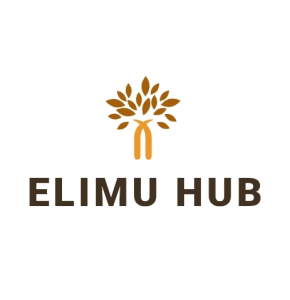This course provides learners with essential knowledge and practical skills in the procurement process, supplier management, and contract administration. It explores public and private sector procurement procedures, tendering processes, contract negotiation, and legal compliance.
Emphasis is placed on ethical procurement practices, cost-effectiveness, and risk mitigation in contract execution. The course prepares students for roles in procurement, logistics, supply chain, and project management by integrating real-world scenarios and case studies relevant to the Kenyan business environment.
🎯 Course Objectives:
By the end of the course, learners will be able to:
1. Explain the principles and processes of procurement and purchasing.
2. Conduct supplier selection and evaluation.
3. Interpret key elements of contracts and legal requirements.
4. Apply procurement procedures in line with ethical and regulatory frameworks.
5. Monitor and manage contracts to ensure successful outcomes.
- Teacher: Emma Awuor
- Teacher: Nancy Oloo
